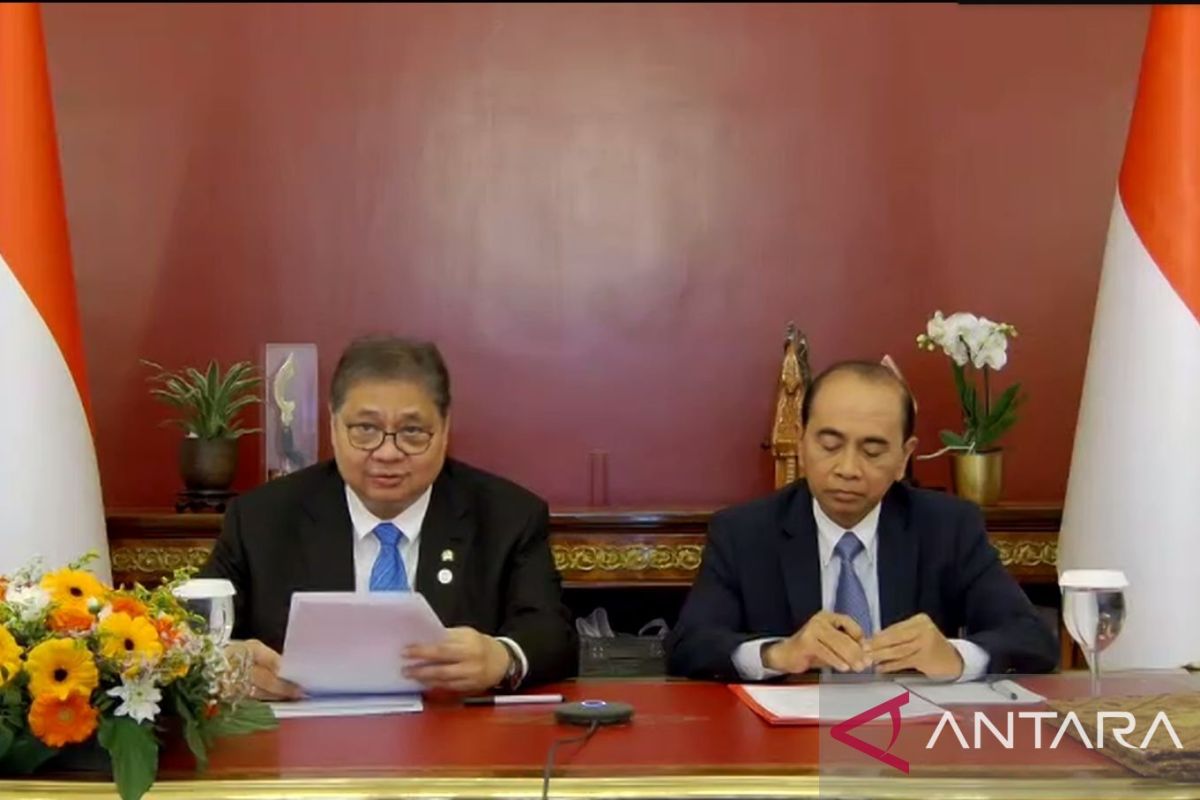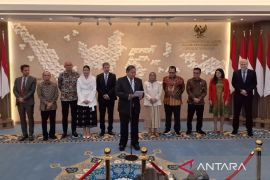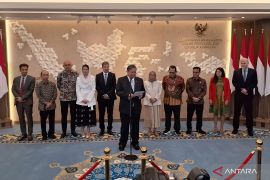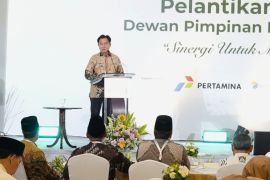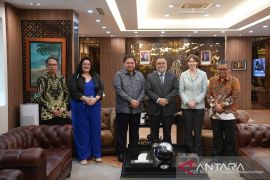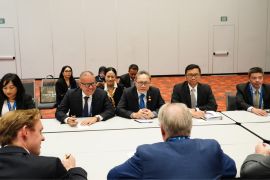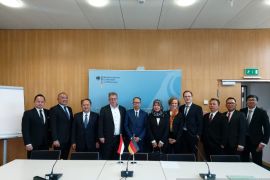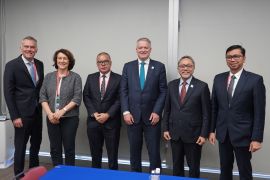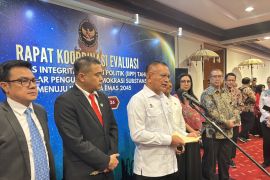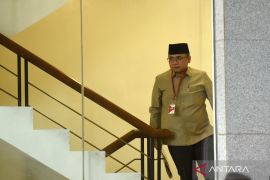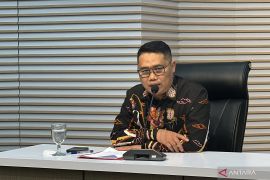One of the main prerequisites for accession is joining the OECD Anti-Bribery Convention, which serves as the primary legal instrument for promoting clean and fair governance in global trade, according to Coordinating Minister for Economic Affairs Airlangga Hartarto.
"Indonesia has submitted a letter (of commitment) from the KPK chairperson stating his intention to join the OECD Anti-Bribery Convention," Hartarto stated during an online press conference on Wednesday (June 4).
The letter was submitted to OECD Secretary-General Mathias Cormann at the OECD Ministerial Council Meeting in Paris, France.
The OECD Anti-Bribery Convention, formally known as the Convention on Combating Bribery of Foreign Public Officials in International Business Transactions, is also the only international agreement specifically focused on addressing transnational bribery in business.
The convention contains 17 articles that cover various aspects of eradicating bribery, ranging from criminalizing bribery, holding criminalizing corporations accountable, promoting international cooperation, and enforcing strict sanctions.
Hartarto explained that the convention would provide the legal foundation for expanding KPK's authority to handle cross-border bribery cases, especially those involving corporations.
"This will regulate corruption committed by corporations but across borders. This is one of the pillars of the agreement with the OECD," he stated.
Related news: Indonesia finalizes initial memorandum for OECD accession
Under current regulations, the KPK does not yet have the authority to investigate cross-border corruption cases.
Hence, the government is pushing for the ratification of the convention to give the KPK a strong legal basis for handling cross-border cases.
“We are also aiming at expanding the scope of the KPK's work, especially to uncover and handle foreign bribery cases that are based on current regulations, which Indonesia cannot currently handle due to a lack of regulation," Hartarto noted.
“We hope to soon join the OECD Anti-Bribery Convention. Once ratified, we will have the tools to do so," he remarked.
Besides combating corruption, there are several other standards required for OECD membership.
In the micro, small, and medium enterprises (MSMEs) sector, the OECD encourages the transition of businesses from the informal to the formal sector.
In the education sector, the OECD sets quality benchmarks through the Programme for International Student Assessment (PISA) test, which measures high school students' math and science skills as a global reference.
In the health sector, the OECD standard emphasizes a competent and people-centric system as well as guarantees universal health services for all citizens of its member countries.
Meanwhile, in the digital economy sector, the OECD encourages the formulation of policies and best practices for digital transformation, including the digital economy, artificial intelligence, and e-government.
Related news: Joining OECD to upgrade status to developed: minister
Translator: Bayu Saputra, Yashinta Difa
Editor: Yuni Arisandy Sinaga
Copyright © ANTARA 2025
